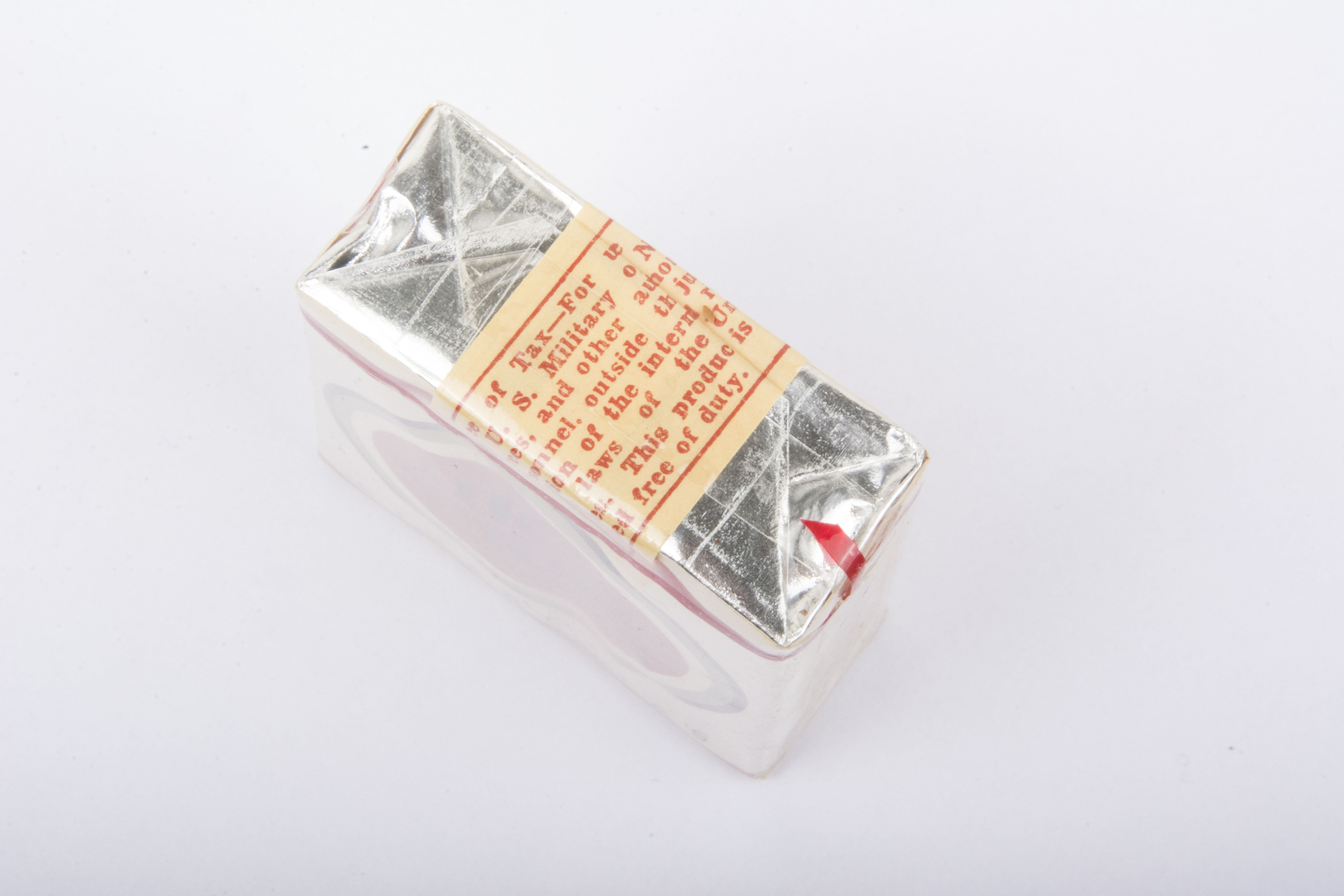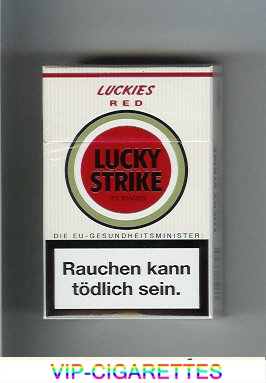
Investors may look at such announcements and decide the tobacco industry no longer has a prosperous future, or may feel the headline risks are simply too great. Evidently, both a menthol ban and a nicotine rule are major regulatory interventions, which if implemented could impair the industry’s future profit-generating abilities. This concerns in particular the intention made public by the FDA to move forward with a proposal to ban menthol flavors in cigarettes and a proposal currently under consideration to regulate nicotine levels in cigarettes, both of which have the potential to significantly impact cigarette sales. Looking at the US in particular, which constitutes by far the largest tobacco profit pool outside of China, announcements made by the FDA point to heightened levels of regulatory risk for the industry. The first thing to consider is the fact that there are increasingly stringent tobacco product regulations in almost all regions of the world. But first, let’s take a look at the reasons behind the current valuation discount. First, I will discuss the reasons behind the depressed valuation of British American Tobacco today, and secondly, I will explain why the market is likely to be mistaken about BAT’s prospects.

In my opinion, the latter is true, and in this article, I will lay out my case point by point. Logic dictates that either BAT was very wrong about Reynolds in 2017, or the market is very wrong about BAT today. The discrepancy between the valuation applied to Reynolds in the 2017 buyout and the current valuation of BAT is so large that it warrants an explanation. So what happened? Well in short, whereas BAT valued Reynolds American at 16.9x EBITDA, the market currently values BAT at a multiple of only 8.5x EV/EBITDA, or just over half as much.īritish American Tobacco is down some 30% since January 2017, when the buyout of Reynolds American was agreed, worse than Altria and substantially underperforming Philip Morris International. This is despite the fact that operating profit in both the US and the international operations is meaningfully higher over the four-year period, and that British American’s non-US operations deliver almost as much operating profit as its US operations (on an adjusted basis). This also implies that the entirety of Reynolds American was estimated to be worth almost $85.5 billion in early 2017, when the deal was agreed or some $97 billion including debt.įast forward four years, and the entire equity of British American, which of course now includes all of Reynolds American, is currently valued at roughly $87 billion in the market, or barely $1.5 billion more than it thought Reynolds American was worth in 2017.
BUY LUCKY STRIKE CIGARETTES FULL
BAT paid a rich premium for full ownership of Reynolds American, paying $49.4 billion for 57.8% of the shares, which valued Reynolds at an EV multiple of roughly 16.9x EBITDA. The company gained its position at the top in 2017 through its buyout of the remaining stake in Reynolds American that it did not previously own.

It has a leading position in many large tobacco markets such as Brazil and Pakistan, and through its ownership of Reynolds American a strong no.2 position in the US, where it has managed to gain some market share at the expense of Altria ( MO ) over the past couple of years.
BUY LUCKY STRIKE CIGARETTES HOW TO


Demystified Videos In Demystified, Britannica has all the answers to your burning questions.Britannica Classics Check out these retro videos from Encyclopedia Britannica’s archives.


 0 kommentar(er)
0 kommentar(er)
